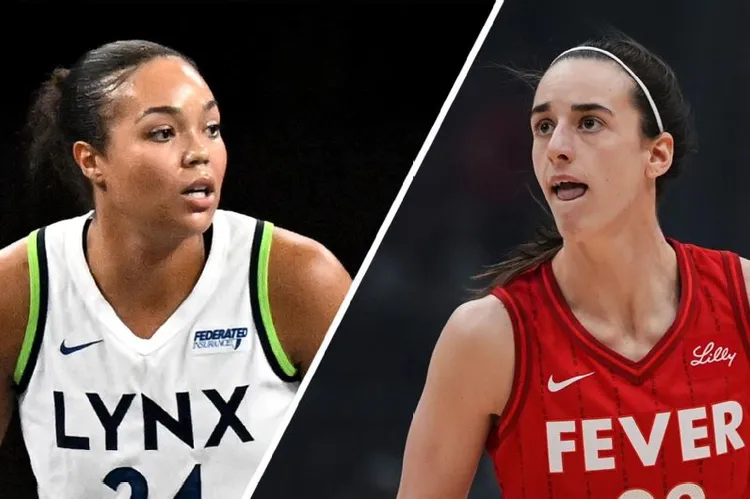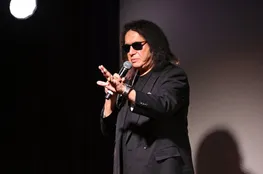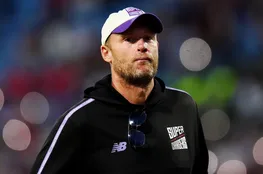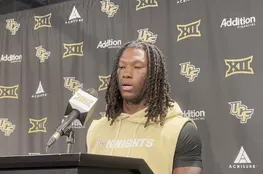Napheesa Collier forcefully denied accusations of a conflict of interest surrounding her roles with Unrivaled and the WNBA Players Association, responding to a viral social media post questioning her involvement in potential CBA negotiations. Collier’s X post, characterized by a direct and pointed tone, directly addressed the criticism, stating, "So let me get this straight.... While everyone else was enjoying fireworks, you were thinking about how me and & Stewie of all people are conspiring to force a lockout that would result in less money year-round for WNBA players??” The initial accusation centered on the belief that Collier and Breanna Stewart, also a co-founder of Unrivaled and WNBPA president, were not negotiating in good faith due to potential financial benefits stemming from a WNBA lockout. Collier vehemently refuted this claim, asserting that her and Stewart’s work with Unrivaled, a venture focused on elevating the WNBA’s profile and securing favorable deals, is inherently beneficial to all WNBA players. Collier emphasized that Unrivaled’s success—including a significant television deal and increased game frequency—sets a new standard for WNBA compensation and player expectations. She argued that Unrivaled’s efforts are complementary to the Players Association, ultimately aimed at improving the league’s financial standing for all its participants.
Collier highlighted that Unrivaled’s average player salary of $220,000, coupled with benefits like childcare and equity, demonstrates a commitment to player welfare. She dismissed the conflict of interest argument as a misunderstanding, stating that Unrivaled’s influence extends beyond its direct players, positively impacting the entire WNBA landscape. Collier further clarified that the launch of Unrivaled in January was not timed to coincide with CBA negotiations, emphasizing the Players Association's dedication to prioritizing player interests. Previous statements by Collier and Stewart have echoed this sentiment.
Collier, in a CBS Sports interview, expressed that "no one wants" a lockout and that players are "prepared for any possibility." Stewart, similarly, voiced frustration with negotiation setbacks, stating that "anytime you go back and forth, you're not expecting to hear that 'yes' on the first [proposal], but you're expecting to have a conversation." Both Collier and Stewart maintain that their work with Unrivaled does not create a conflict of interest but rather helps identify areas for improvement within the league.
Collier specifically addressed the perception of a "juggling act," asserting that it’s a complementary relationship designed to enhance player financial outcomes. Collier’s defense underscores a core argument: Unrivaled’s existence and success are fundamentally aligned with the WNBA’s goals, aiming to elevate the league and, consequently, the compensation and opportunities for all its players. The ongoing CBA negotiations highlight a critical juncture for the WNBA, with Collier’s stance representing a key element in the debate surrounding player rights and league strategy. The creation of Unrivaled and its impact on the WNBA’s financial standing and player expectations remain central to this discussion."
























